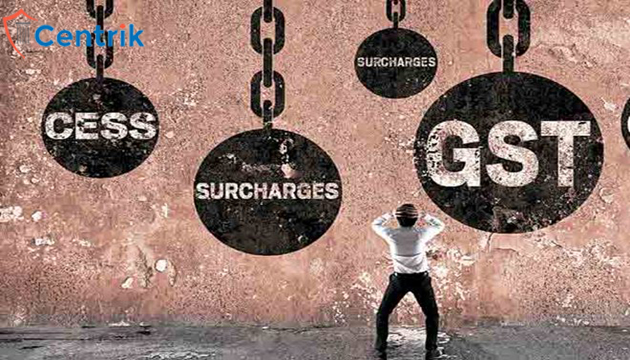
Goods & Services Tax (GST) is a comprehensive indirect tax system which works on self-monitoring mechanism. Under GST a normal taxpayer needs to file monthly returns and an annual return. The type of return to be filed by a taxpayer depends on the type of activities undertaken by him.
A normal taxpayer undergoes the following process of furnishing returns under GST:
- Firstly, the supplier other than an Input Service Distributor, a non-resident taxable person and a person paying tax under the provisions of section 10 or section 51 or section 52, shall enter electronically details of outward supply in Form GSTR 1 by 10th of the next month.
- The details entered by the supplier in Form GSTR 1 will be made available in Form GSTR 2A, Form GSTR 4A and Form GSTR 6A through the common portal.
- The changes if any made by the recipient in details of inward supplies will be made available in Form GSTR 1A for the supplier to either accept or reject the modifications. The same may be done between 15th and 17th day. Thus suppliers’ Form GSTR 1 will stand amended accordingly. Thus by the 17th day, both the supplier and the recipient reconcile the invoice details.
- An auto populated Part A of return in Form GSTR 3A is generated on basis of information furnished in Form GSTR 2 and Form GSTR 1. Details of tax payable, tax paid, interest, fees etc. will be included in Part B of Form GSTR 3 and the registered person is required to file Form GSTR -3 by the 20th day of the month succeeding such calendar month.
- An annual return in Form GSTR-10 is required to be filed by 31st December of the following financial year by the registered taxable person through the common portal either directly or through a Facilitation Centre notified by the Commissioner.
Under GST the returns are filed online and invoice level information is uploaded. Returns can be filed using the following methods:
•GSTN Portal
•Offline utilities provided by GSTN
•GST Suvidha Providers (GSP)
Note – Please note that the above article is part of our continuous research on the related matters. It is based on our interpretation of related regulations which may differ person to person. Readers are expected to take expert opinion before relying on above.




 join For Updates
join For Updates